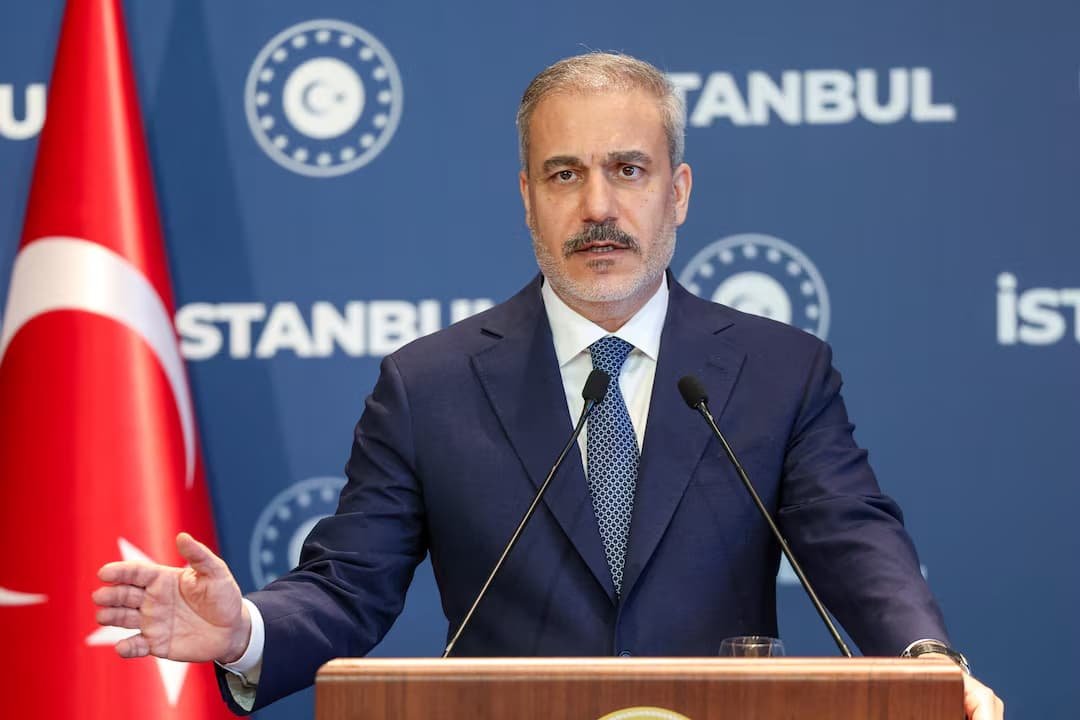Turkey escalated its restrictions on Israel on Friday, August 29, declaring that it had “totally” cut trade, closed its ports to Israeli vessels and barred Turkish-flagged ships from calling at Israeli ports, while tightening airspace access—especially for flights linked to government or arms shipments—amid the Gaza war. The announcement by Foreign Minister Hakan Fidan, delivered during an extraordinary parliamentary session, formalized measures Ankara had been rolling out since last year’s halt of direct trade and follows new informal port rules requiring ships to attest they are not Israel-linked or carrying military or hazardous cargo. Reuters and the Associated Press reported the steps and their scope, noting prior trade between the countries totaled about $7 billion in 2023.
Despite Ankara’s assertion that commerce has been severed, the policy has drawn scrutiny due to evidence of continued ties earlier in 2025. Israeli trade statistics cited by independent Turkish media showed nearly $394 million in Turkish exports to Israel from January to May, suggesting indirect flows persisted months after the embargo began, figures the Turkish government publicly rejected as “disinformation.” The contrasting claims underline the difficulty of fully policing third-country routes and complex supply chains even as political rhetoric hardens.
Airspace restrictions also generated confusion. While Fidan initially said Turkey had closed its skies to Israeli planes, Israeli airlines indicated they had not received new instructions, and a Turkish diplomatic source later clarified the ban targeted Israeli government flights and aircraft carrying weapons to Israel. The episode highlighted the gap that can arise between headline announcements and operational implementation in a fluid sanctions environment.
The latest curbs cap a gradual tightening since May 2024, when Turkey halted direct trade pending a ceasefire and humanitarian access to Gaza. Since then, Ankara has steadily expanded restrictions at sea and in the air, drawing praise from domestic constituencies sympathetic to Gaza while leaving open questions about enforcement and leakage.





